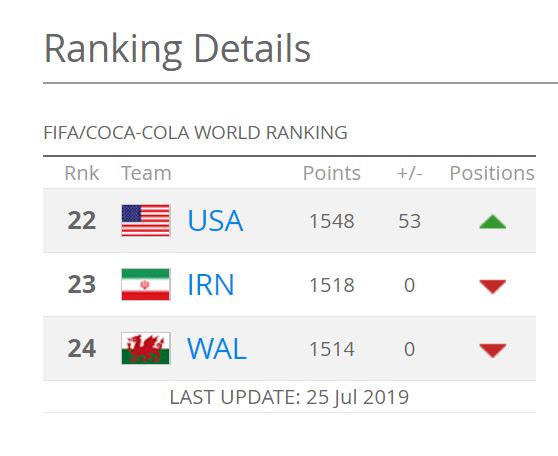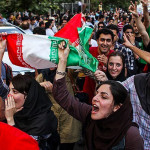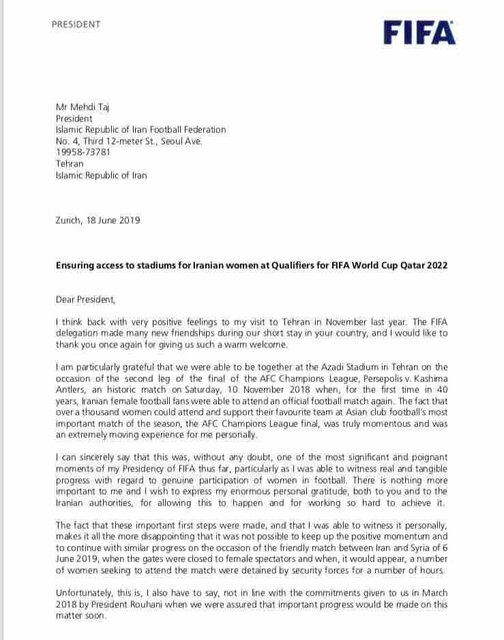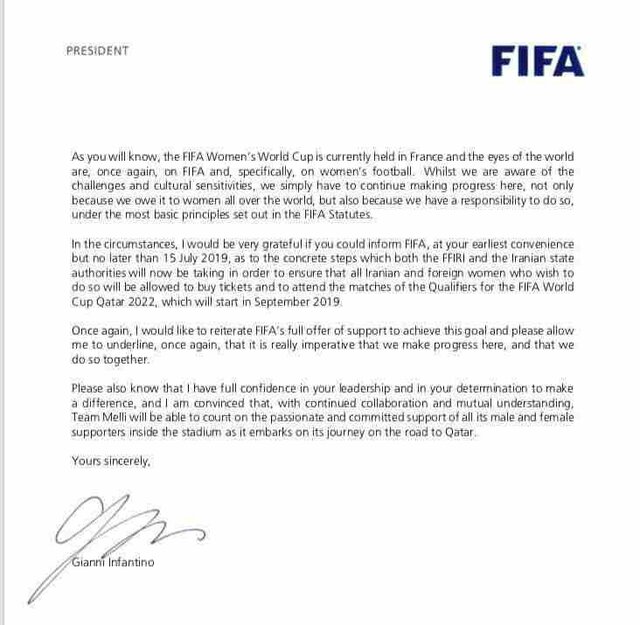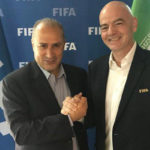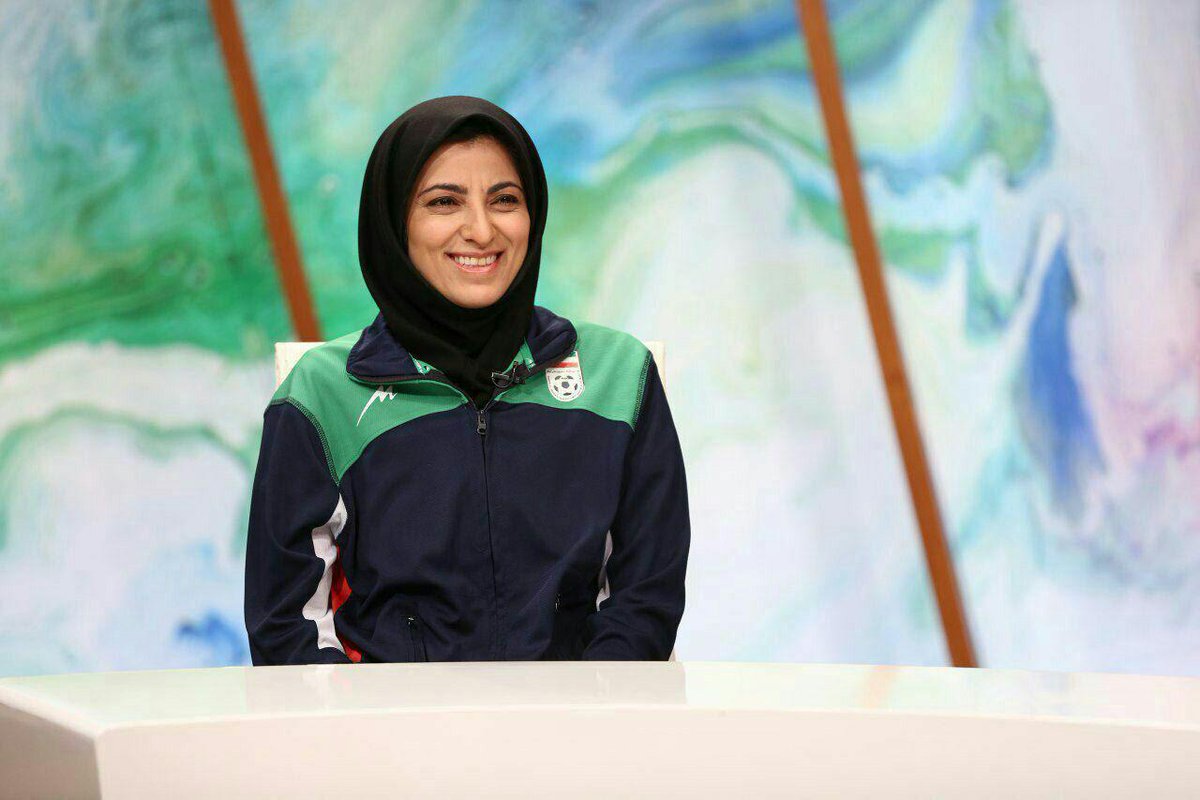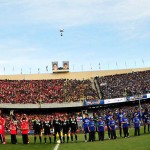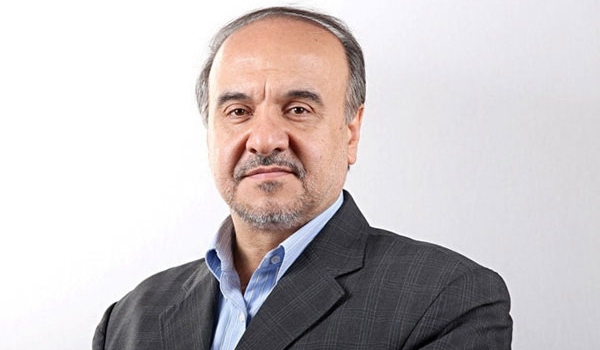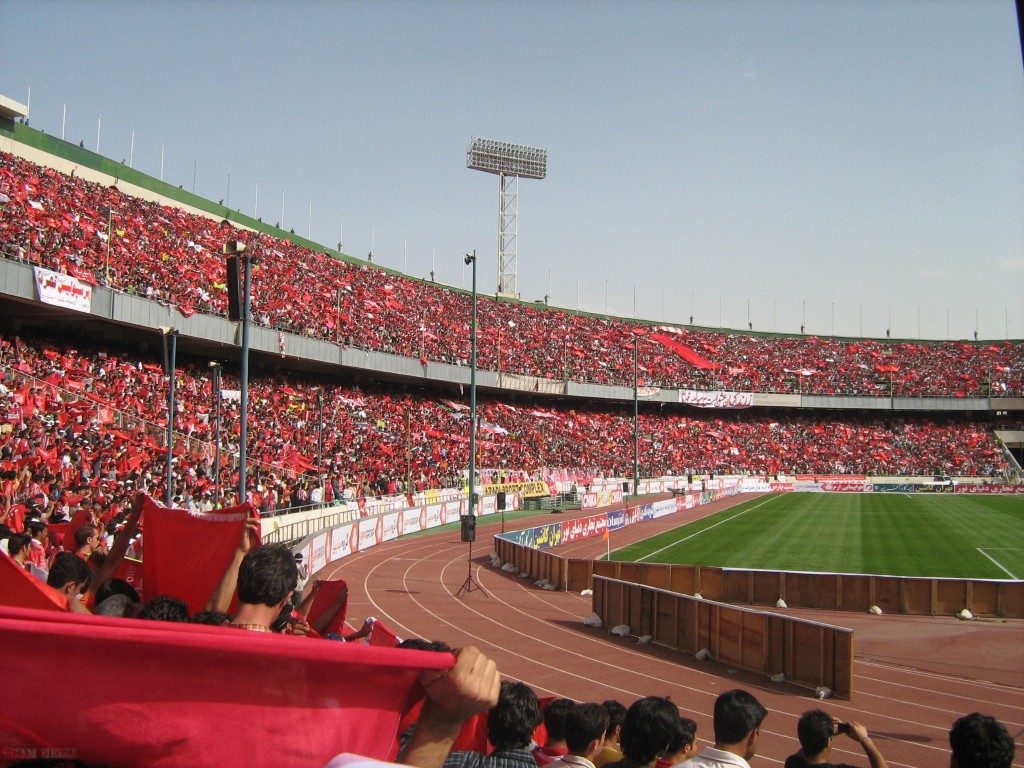Saman Quddos has been suspended for four months after being sued by Spain’s Huesca club in addition to paying € 5m in damages. The FIFA ruling was due to a preliminary agreement by the Swedish club Ostershunds and Saman Ghoddos for transfer to the Spanish club, but instead of heading to Spain Ghoddos turned up in France to sign for the French side Amiens.
This FIFA rule is reminiscent of the one handed to Mehdi Taremi on September 2017. A Persepolis player at the time , all parties agreed on terms of the contract to transfer to Turkey’s Çaykur Rizespor Club. At that time, Taremi was suspended for four months after unilaterally breaking his contract and returning back to Iran. Taremi’s suspension meant his absence from Team Melli
Persepolis was also banned from two transfer windows. It came at a time when Iran has already qualified for the FIFA World Cup 2018 and its presence at the Russian World Cup was assured. Taremi declined to appeal to CAS for fear of prolonging the proceedings and missing the World Cup all togother.
Carlos Queiroz, the then head coach of Team Melli, commented “It certainly hurts both Taremi himself and Persepolis club as well as the fans. Even the national team suffers because the player cannot be mentally ready. What we need to do is keep the player mentally and physically fit for the next few months so that he doesn’t have problems with the international games. But what happened in 2017 was a strange and shameful act that is damaging to Iranian football’s reputation and one has to accept responsibility for it.” the Portuguese concluded.
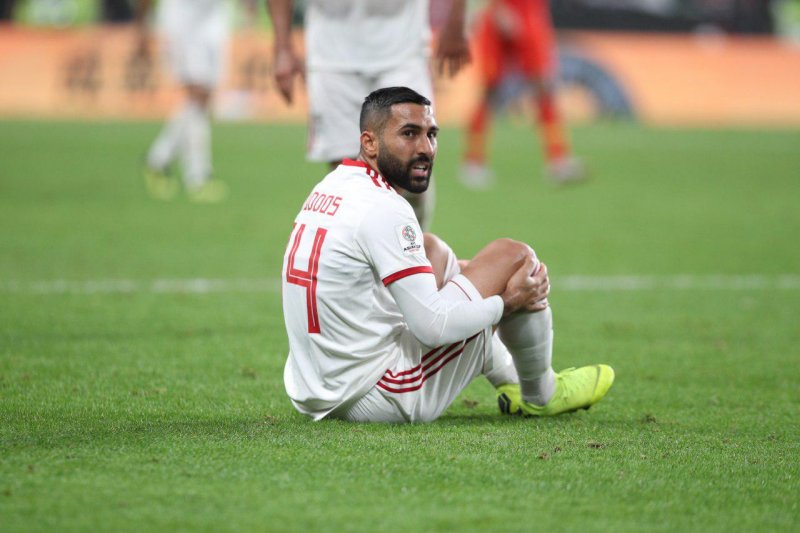
About two years later, Saman Goddos is committing the same act of indiscretion. Ghoddos , of course, has the right to appeal and he might succeed in reducing the ban, although it is quite doubtful. The point that needs emphasis, however, is the lack of professionalism and poor awareness of Iranian players. It does not take a distinguished person to realize that contracts have to be honored and breaking it is unlawful. It is not only about the law but also the ethics and integrity of a person involved in a contract.
The lack of success of the many Iranian players in Europe can be summarized in one main phrase, lack of professionalism. That of course entails, ethics, commitments, teamwork, team integration and dedication. Iranian players seemed to be poorly prepared for Europe and the lack of true professional management and advisors has reduced their value and potential to succeed outside Iran. Saman Ghoddos should have known much better as he grew up in the European environment, but!
Marc Wilmots has not yet commented on the Ghoddos suspension.



